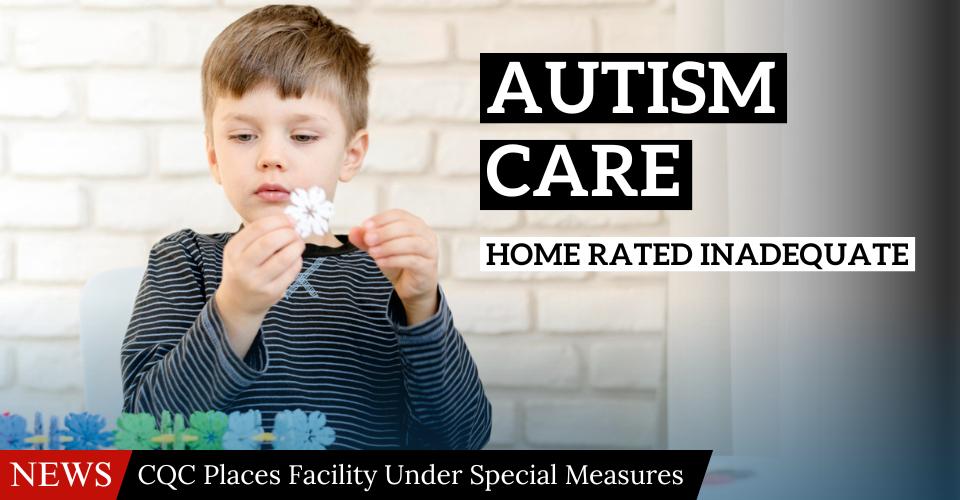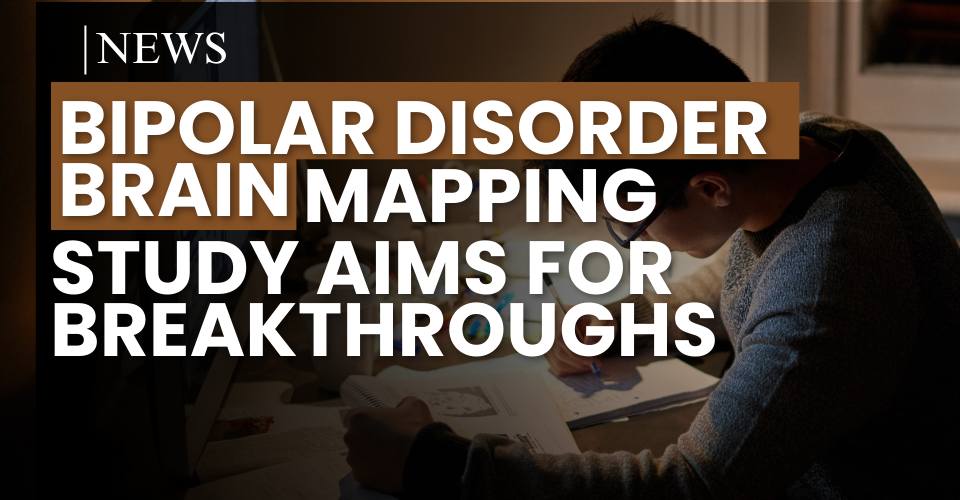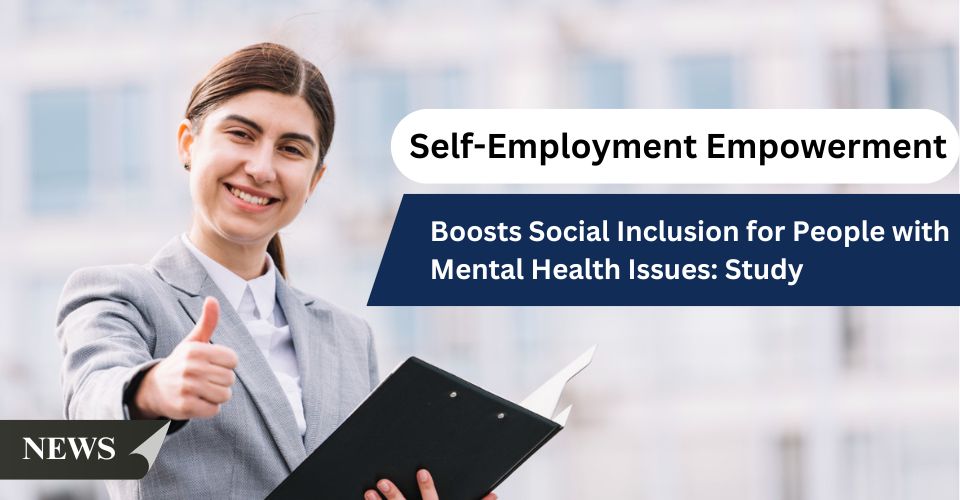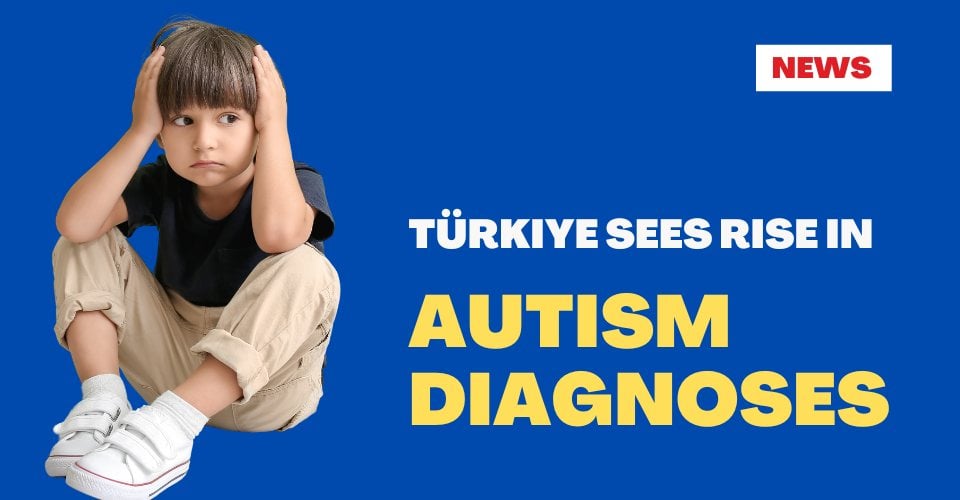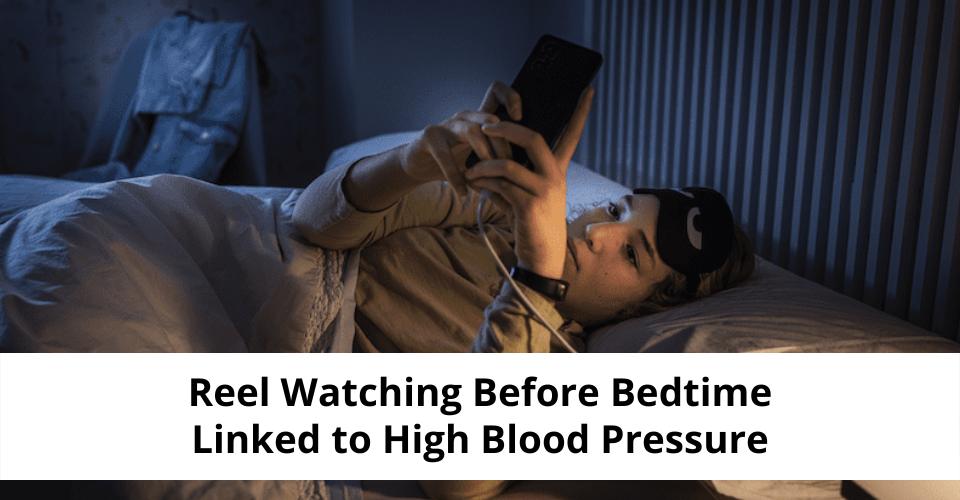Depression, a far-reaching psychological challenge affecting millions worldwide, can worsen due to several factors. Foremost among these are certain behavior patterns and lifestyle habits known as depression habits. These habits are grounded in maladaptive coping techniques and negative thinking styles, and have the potential of aggravating depressive symptoms and related mental health disorders.
What Are Depression Habits?
Depression habits denotes recurrent behaviors, thoughts, or lifestyle choices that contribute to the development or worsening of depressive symptoms. During periods of stress, trauma, or other life challenges, these habits emerge. While every person may experience occasional sadness or low mood swings, depression habits exhibit consistent negative patterns that increase negative emotions. These emotions, if untreated, perpetuate a loop of hopelessness.
Examples Of Depression Habits
Common examples of depression habits include:
- Isolation: Avoiding social contact and withdrawing from friends and family.
- Negative Self-Talk: Constantly blaming oneself, focusing on flaws, and maintaining a pessimistic mindset.
- Procrastination: Avoiding responsibilities and lacking motivation for daily tasks.
- Sleep Disruptions: Experiencing irregular sleep patterns, either oversleeping or struggling with insomnia.
- Substance Dependency: Turning to substances like alcohol or drugs as a coping mechanism.
- Self-Imposed Isolation: Cutting off from social activities, resulting in a sense of loneliness.
- Emotional Eating: Using food to cope with emotions, leading to unhealthy eating habits.
- Rumination: Continually dwelling on negative thoughts and past experiences.
- Loss Of Interest: Losing enthusiasm for once-enjoyable activities.
- Perfectionism: Setting unrealistic standards, resulting in constant self-criticism and dissatisfaction.
- Fast-Paced Lifestyle: Engaging in a hectic and demanding lifestyle, often contributing to stress and burnout.
- Toxic Relationships: Staying in relationships that are harmful, draining, or emotionally abusive.
How Can Depression Habits Impact Mental Health?
The significance of depression habits on mental health is extensive and complex. These habits only cause the emergence and persistence of depressive symptoms but also hinder the effectiveness of therapy interventions. For example, depression habits may fuel negative behaviors that worsen depressive symptoms and, in such cases, recovery through therapy may be hard or impossible for some people.
Most times, depression habits reinforce thinking patterns that are negative by creating a cycle whereby one thought leads to another. With time, the more individuals engage in social withdrawal or indulge in negative self-talk, the more roots are formed in these patterns—making it difficult for them to come out of their depressed minds.
Depression habits, particularly a fast-paced life with irregular sleep and eating schedules, may result in poor sleep patterns and substance abuse. This escalates into a vicious cycle where deteriorating physical health increases depressive symptoms and triggers mental health disorders like schizophrenia, psychosis, personality disorders, conduct disorders, etc.
How to Break Depression Habits: Tips and Strategies
Breaking away from depression habits requires concerted effort and approach from different angles. Consider the following tips on how to break depression habits:
1. Seek Professional Help:
A mental health care professional will offer an individualized guide as well as therapeutic remedies that will assist in dealing with depression habits. Cognitive-behavioral therapy (CBT) is especially useful when it comes to identifying and changing negative thought processes related to depression habits.
2. Cultivate A Support System:
It is important to build strong support networks during difficult times. Getting into contact with friends, family, or even joining support groups may result in emotional encouragement—thus reducing social withdrawal and giving a sense of belonging to someone who feels like they do not belong anywhere else anymore.
3. Create Healthy Routines:
Incorporating structured routines can help overcome inactivity and dawdling. Developing small, doable goals and gradually increasing the activity level can improve mood and motivation.
4. Challenge Negative Thoughts:
Actively contest and reframe negative inner speech. Exchange the self-critical thoughts with more even-handed and realistic perspectives. Consider activities like gratitude journaling which can be an effective tool to identify such patterns and challenges.
5. Promote Healthy Sleep:
In order to achieve good sleep hygiene, establish a consistent sleep schedule, create a relaxing pre-sleep routine, and optimize thev sleeping environment. Correcting sleep issues helps raise moods as well as energy levels.
6. Limit Substance Use:
When substance abuse becomes a way of coping, treatment for addiction is necessary. These are crucial for physical health and mental wellbeing.
Understanding depression habits is vital for managing the risk and scope of depression effectively. By identifying these patterns, seeking expert assistance, and implementing intervention strategies aimed at enhancing positive changes, individuals can break free from depression cycles and lead a life of improved well-being as well as mental health.




